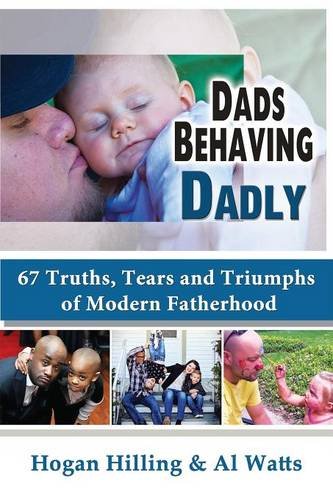I’m not one to cuss.
It’s not because I’m a prude or feel disdain toward people who swear like a frat boy downing shots at his first kegger. And I don’t blush when I hear others cuss or chuckle like a school boy hearing his first f-bomb explode from across the playground.
Nor am I saint who has never uttered a bad word. Swear words are simply not part of my everyday language, and I can go days without saying a word unsuitable for broadcast television.
I treat swear words as though they were jalapeño peppers. A few sporadic peppers on a pizza can really spice up the meal, but too many ruin it.
So I know my children will not learn to cuss from me.
Oh, I realize they will learn it somewhere. Kids can learn just as much on the playground as they do in the classroom, though they seem to absorb with more zest that which they hear while climbing the monkey bars.
Lately, my 8-year-old daughter Celeste has been singing rhymes she learns from her friends on the playground. Most are harmless, and along these lines:
“Ms. Mary Mack, Mack, Mack
“All dressed in black, black, black
“With silver buttons, buttons, buttons
“All down her back, back, back.”
I smile when I hear her singing one of these songs, but pay little attention to the words, mostly because they are nonsensical and she tears through half of them like Smokey chasing the Bandit on the open road.
The other day was no different, but my ears perked up at one line:
“I pledge allegiance to the flag
“Michael Jackson is a …”
Karen and I quickly looked at each other, our eyes and furrowed brows asked the same question: Did you just hear what I think I heard?
I’m sure you can guess the word. It obviously rhymes with flag, and even shares three of the same letters. We asked Celeste to repeat it, and she did up until the offending word. She mumbled so silently that we would not have known what she said had we not just heard it.
“What?” she asked innocently, shrugging her shoulders. “I, I, I don’t even know what that word means.”
“What word?” I asked, wondering how she knew what word we found offensive if she didn’t know what it means.
“I don’t want to say it.”
“That’s OK, we know what the word is, and it’s a bad word,” Karen said.
“But I don’t know what it means,” Celeste whined.
“It’s OK, sweetie,” we said, and hugged her.
We explained how we understand that sometimes kids learn bad words from other kids, but that doesn’t mean she should repeat them. She nodded, but again asked what it means.
I’ve always told my children that they can ask me anything and I will always tell them the truth, so I found myself in the corner, painted in by my own words and staring at Gavin, her 5-year-old brother, asking what we were talking about.
Luckily, it was bedtime, so Karen took Gavin upstairs, and I found myself alone with Celeste. I had to tell her the truth, but in a way appropriate for an 8-year-old. Part of me wanted to take the easy way out and use a bit of Seinfeld humor to explain that some birds like birds that have the same wings they do, but I knew that would be inappropriate.
Instead, I told her that the word she said is not nice, that some people use it to describe a man who acts like a woman, either in the way he talks, dresses, or walks. But I also told her the exact meaning didn’t matter, that it was enough for her to know it’s a word people use when they want to be mean.
“Oh,” she replied. “Like the d-word.”
Oh boy, I thought. This conversation was going downhill fast. I took a breath and steeled myself. “What’s the d-word?”
“I don’t want to say it.”
“It’s OK. I won’t be mad.”
She shook her head. Moments later, she mouthed a “d” and softly said “umb.”
Phew! “Yes, kind of like that. It’s just not a nice word to say when talking about people, so you don’t want to call someone that.”
“No,” she said, “I want to be nice.”
“Good girl, let’s go upstairs,” I said, and went to hold her hand.
“Um, Daddy,” she said softly. “There’s another word I hear other kids say, but I don’t know what it means.”
Cringe! So close, I thought, quickly trying to figure out how I would honestly explain any words that begin with f, b or s, and coming up empty.
I braced myself for the worst. “What word?” I asked.
“I don’t want to say it,” she responded, “but I can spell it.” She drew closer to my ear and whispered, “h-e-l-l.”
PHEW! This was a grapefruit compared to the other pitches she could have tossed my way, and surprised me in part because I’m sure she would have heard it at some point in church or at Sunday school. Either way, I explained the concept of hell in words she could understand, and told her not to worry about it at her age.
She nodded, and we went upstairs for story time. I smiled to myself for having averted a more awkward conversation, even though I know it will happen sometime. She’ll be 9 years old in September, halfway to adulthood, and these conversations aren’t going to grow any easier.
Oh, $%*!.
This is a re-post of a column that first appeared in The Gazette on July 8, 2010.


